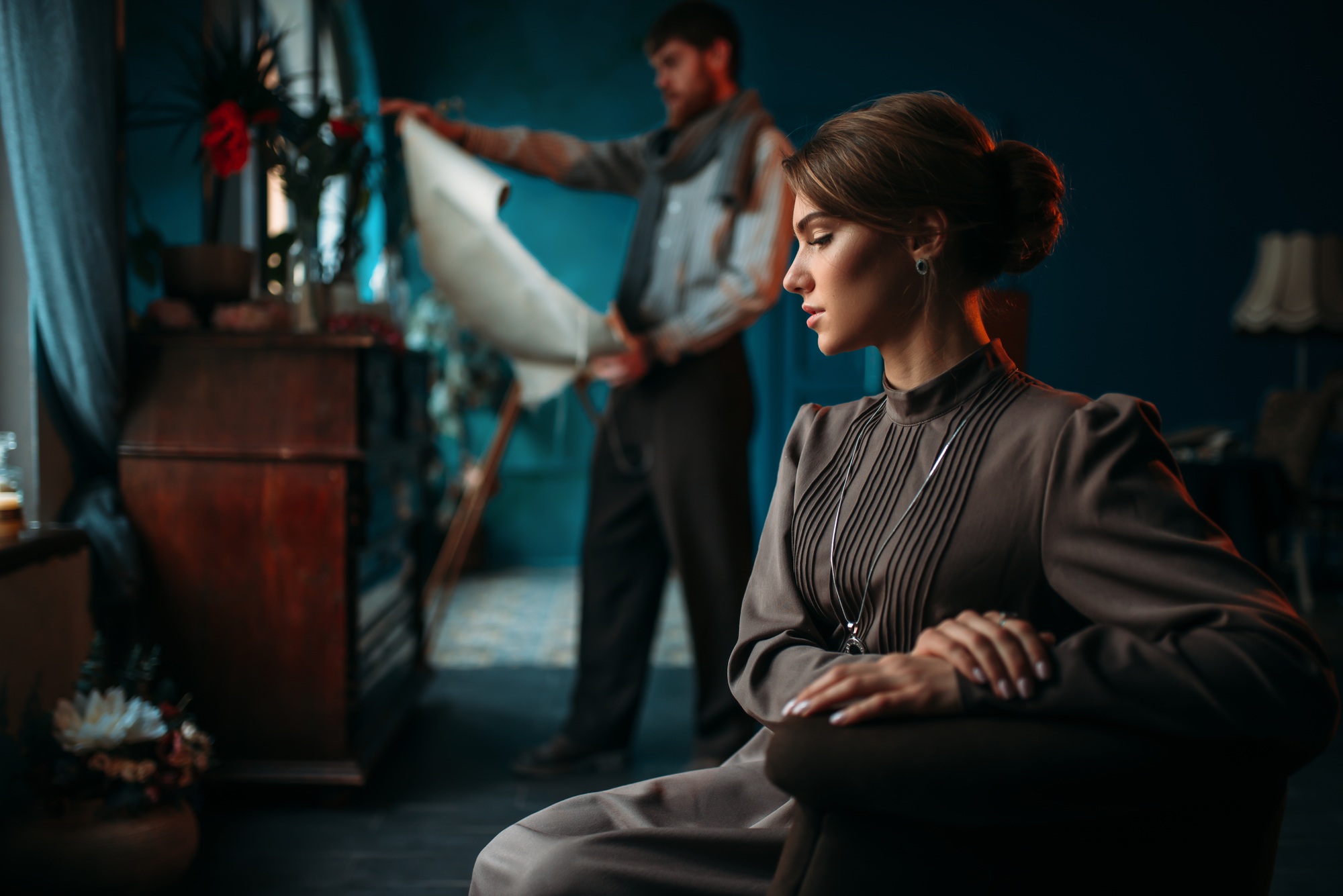Kate Bush, the legendary musician known for her unique sound and storytelling, has joined a growing movement of artists calling out artificial intelligence (AI) for using creative works without permission. As AI technologies advance, they’ve sparked excitement—and controversy—by mimicking the style of iconic artists. But for many creators, this raises serious questions about copyright, ethics, and the future of artistry.
This article explores why Kate Bush and other artists are standing up against AI, what’s at stake for creative industries, and how this movement is shaping the conversation around intellectual property in the digital age.

The Rise of AI in Creative Spaces
AI has revolutionized how art is created and consumed. From generating songs in the style of famous musicians to producing realistic paintings and writing, AI tools are advancing rapidly. However, this innovation comes with challenges:
- Unpermitted Use: AI systems often train on copyrighted material without seeking consent from the creators.
- Dilution of Identity: Artists fear losing control of their unique style, as AI can replicate their work in seconds.
- Loss of Earnings: With AI replicating their work, creators risk losing income from their original content.
Kate Bush: Leading the New Charge
Kate Bush has joined a coalition of artists, including Paul McCartney, to demand stricter regulations on AI’s use of creative works. Known for her deeply personal and experimental music, Bush’s involvement highlights the emotional and ethical stakes of this issue.
For Bush and her peers, the fight isn’t just about money—it’s about protecting the soul of creativity. When AI mimics a song or art piece, it doesn’t capture the emotional depth or personal experience behind it. This dilution of authenticity is what artists are rallying against.
Goals of the Campaign
The movement led by artists like Bush aims to:
- Strengthen copyright laws to protect creative works from unauthorized AI use.
- Push AI developers to be transparent about how their systems are trained.
- Advocate for fair compensation when AI systems utilize artists’ works.
Why This Matters
The debate over AI’s role in the creative industry is about more than just copyright. It’s a fight for the future of creativity itself. If left unchecked, AI could devalue human artistry, making it harder for creators to thrive. At the same time, this is an opportunity to reshape the rules and find a balance between innovation and artistic integrity.

FAQs
1. Why are artists like Kate Bush concerned about AI?
AI can replicate their work without permission, leading to ethical concerns, loss of control, and financial impacts on artists.
2. Can AI-generated art replace human creativity?
AI can mimic styles and innovate, but it lacks the emotional depth, context, and personal experience that define human artistry.
3. What steps can be taken to protect artists?
Stronger copyright laws, transparent AI training practices, and fair compensation models can help safeguard artistic work.
Kate Bush’s involvement marks a turning point in the conversation about AI and creativity. By taking a stand, she and other artists are advocating for a future where innovation respects the integrity of human art.
Sources The Guardian


